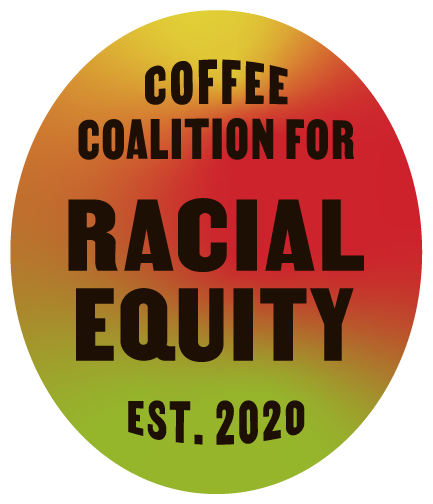CCRE at the 2025 NCA Convention in Houston, tx
@ threekeyscoffee
Attending the 2025 National Coffee Association (NCA) Convention in Houston was an incredible experience. I’m deeply grateful for the opportunity to represent CCRE and connect with others across the coffee industry. As a local roaster and café, the location made it especially convenient—not only could I attend with ease, but we were also able to welcome a few attendees to our shop over the weekend!
Here are some of the biggest takeaways and themes that stood out during the convention:
1. Robusta’s Rising Role in Coffee’s Future
“Robusta is where Arabica was 40 years ago.”
Robusta coffee is gaining long-overdue recognition as both its quality and potential continue to improve. With climate change threatening Arabica production, Robusta’s resilience is making it a viable—and increasingly essential—alternative. This is especially true in regions where Arabica may no longer thrive.
Robusta is showing particular promise in milk-based and ready-to-drink (RTD) beverages, aligning with consumer trends. As high prices and economic pressures reshape the market, a gradual shift from Arabica to Robusta seems inevitable. Weather conditions in Brazil and Vietnam remain critical factors in shaping this evolving landscape.
2. Shifts in Coffee Consumption & Cultural Insights
The way people consume coffee is changing—and fast. Today, only 16% of people drink their coffee black, down from 24% in 2015. Meanwhile, Black consumers are the fastest-growing segment of coffee drinkers, pointing to the urgent need for greater engagement and representation. Hispanic coffee consumption remains steady and strong, deeply rooted in cultural tradition.
A common thread across demographics is the importance of brand storytelling. Consumers are prioritizing authenticity over origin labels, favoring companies with clear, meaningful narratives.
Generational preferences are also shaping the market:
Gen Z and Millennials are all about customization, seasonal options, functional benefits, and experience-driven rituals.
Gen X is still deeply connected to nostalgic and premium experiences.
Baby Boomers stick with coffee as a consistent morning essential.
Mental wellness, sleep, and natural ingredients are front of mind for younger drinkers, and brands that offer inclusive, personalized experiences will be best positioned to grow.
3. Economic Realities and Industry Trends
Coffee now contributes 1.3% of the U.S. economy, with every $1 invested generating $43 in economic activity. There’s growing consumer interest in “Made in the USA” coffee—even though very little coffee is actually grown domestically. This reflects not only consumer curiosity but also widespread misconceptions that could be opportunities for education.
Coffee is increasingly seen as a wellness product, tied to stress relief and mood enhancement. However, external pressures remain. Trade policies and tariffs continue to threaten supply chains, and immigration reform may drive up labor costs—further impacting pricing across the industry.
Amidst these shifts, the importance of staying nimble and informed is clearer than ever.
Reflections on Representation and the Future of Coffee
The NCA Convention was a powerful reminder of how quickly the coffee landscape is changing. Diversity, innovation, and deeper consumer engagement are shaping the future—and they’re also at the heart of CCRE’s mission. I left the convention reaffirmed in the importance of our work: building equity, representation, and opportunity in every corner of this industry.


